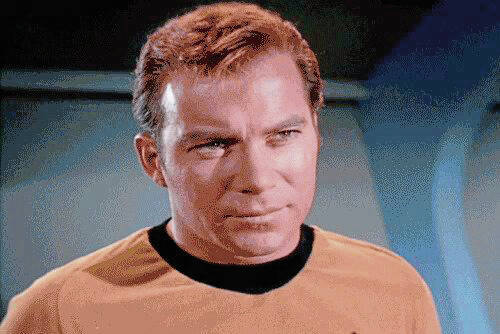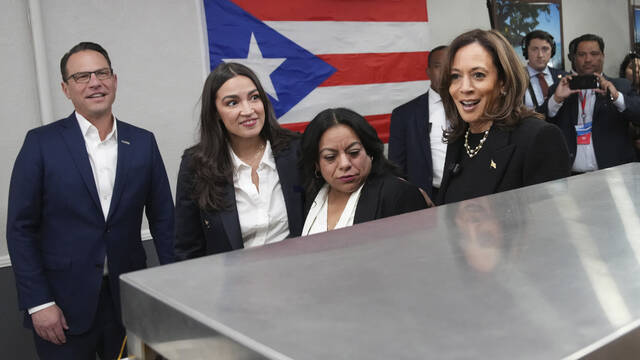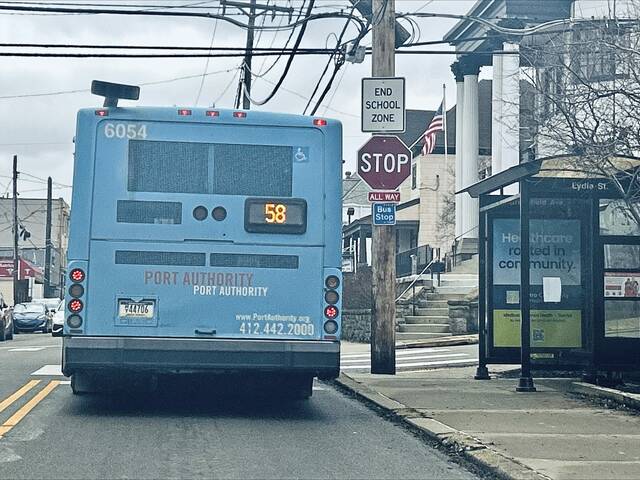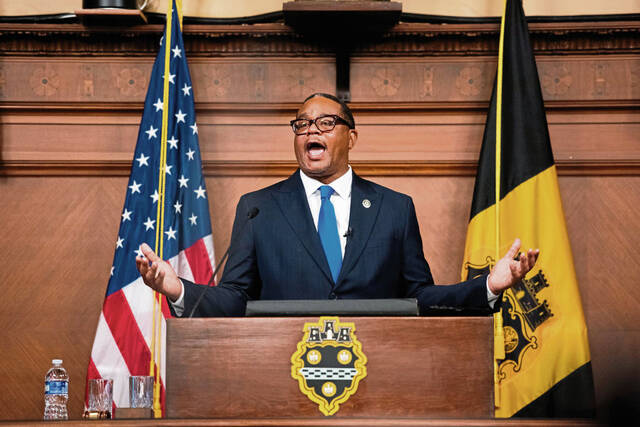Aaron Rodgers, the Green Bay Packers’ star quarterback and reigning AP NFL Most Valuable Player, tested positive for covid-19. He also admitted that he was not vaccinated.
Individuals living in isolation are free to make any choice they wish when it comes to vaccination. However, when personal choices have community consequences, such choices become subject to public discussion and debate.
This is most obvious when it comes to athletes in team sports.
Team sports involve many people working together to achieve a common goal, namely winning games and winning championships. If a subset of players opt to ignore the directions of their coaches, choosing to play how they wish and ignoring team needs, it is inevitable that team performance suffers.
Such directions involve game strategies and tactics, and game preparation, including physical training and health. This is particularly true of team leaders, on and off the playing field, which is where vaccination against covid-19 comes into play.
If every player on a team is vaccinated, then everyone is taking the maximum precaution available to guard against infection and severe outcomes, for themselves and for everyone involved with the team. If one player chooses not to take such actions and remains unvaccinated, they are not only assuming more risk for themselves; they are increasing the risk for their teammates, their coaching staff and other personnel involved with the team (such as trainers and medical staff).
A rogue infection can lead to games missed, and, in the worst case, games forfeited. This can have significant economic consequences across the entire organization if a team misses the playoffs because of such recklessness.
Breakthrough infections do occur among the vaccinated. However, such infections are far less likely to lead to severe outcomes. In general, the vaccinated are far safer than those who remain unvaccinated across multiple health measures. The role of the vaccines is to reduce risk; they do not eliminate risk.
When golfer Jon Rahm became infected during the 2021 Memorial Tournament, PGA protocols required him to drop out, which effectively meant he had to forfeit a certain victory since he held a commanding lead at that time. The personal cost to him was more than $1 million. Given that professional golf is an individual sport, only he and his caddie were impacted economically by his choice to remain unvaccinated.
Team sports are different. As such, vaccination should be a collective decision among all team members. Team leaders can provide direction for everyone on the teams, but team buy-in is critical for team success. If a team plays together and performs together, vaccination should be a team decision, as well.
It is easy to criticize Rodgers for statements he made about his vaccination status and his views of the vaccines. Instead of chastising his decision, which was based on misinformation about the vaccines and vaccination, let us use it as a learning opportunity for all players and fans. People can be informed why his thinking was not accurate and not based on the most up-to-date vaccine information, including their efficacy and their role in the pandemic. Providing such information can help people better understand why vaccination offers far more benefits than risks.
There is no “I” in team. When a player engages in a team sport, particularly at the professional level, everyone on the team must buy into what it takes to make the team successful. During this phase of the covid-19 pandemic, vaccination for everyone on a team is what can support success for the team, and, for the Green Bay Packers, help them continue to enjoy a winning season.
Sheldon Jacobson is a professor of computer science at the University of Illinois at Urbana-Champaign.








